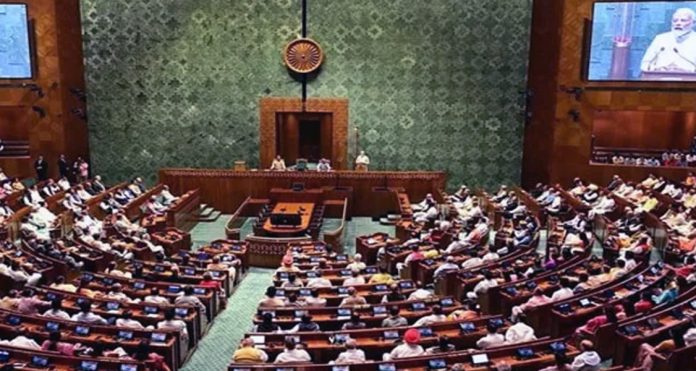Indian Prime Minister Narendra Modi recently inaugurated the new parliament building in New Delhi, India, in a ceremony that drew both praise and controversy. The inclusion of the recitation of Surah Rahman, a chapter from the Holy Quran, during the inauguration has sparked a heated debate, considering Modi’s history with the Muslim community.
The event, which took place on Sunday, was boycotted by several opposition parties, highlighting the underlying tensions. Modi, known for his Hindu nationalist beliefs, has faced criticism in the past for allegedly favoring the Hindu majority over the Muslim population in India.
During the ceremony, Hindu priests performed traditional rituals and chanted religious hymns, reflecting a predominantly Hindu atmosphere. However, the recitation of Surah Rahman, a revered Islamic chapter, surprised many and drew criticism from various quarters.
Opponents of the ruling Bharatiya Janata Party (BJP) and members of the Muslim community accused the Prime Minister of using this gesture as a superficial display of inclusivity, while underlying concerns about his treatment of Muslims persist.
Critics argue that this symbolic act alone does not absolve Modi from the larger allegations of religious discrimination that have surrounded his tenure. They point to incidents such as the controversial Citizenship Amendment Act (CAA) and his handling of the 2002 Gujarat riots when he was Chief Minister of Gujarat. These events have fueled claims that Modi’s government policies disproportionately affect the Muslim population in India, leading to feelings of marginalization.


